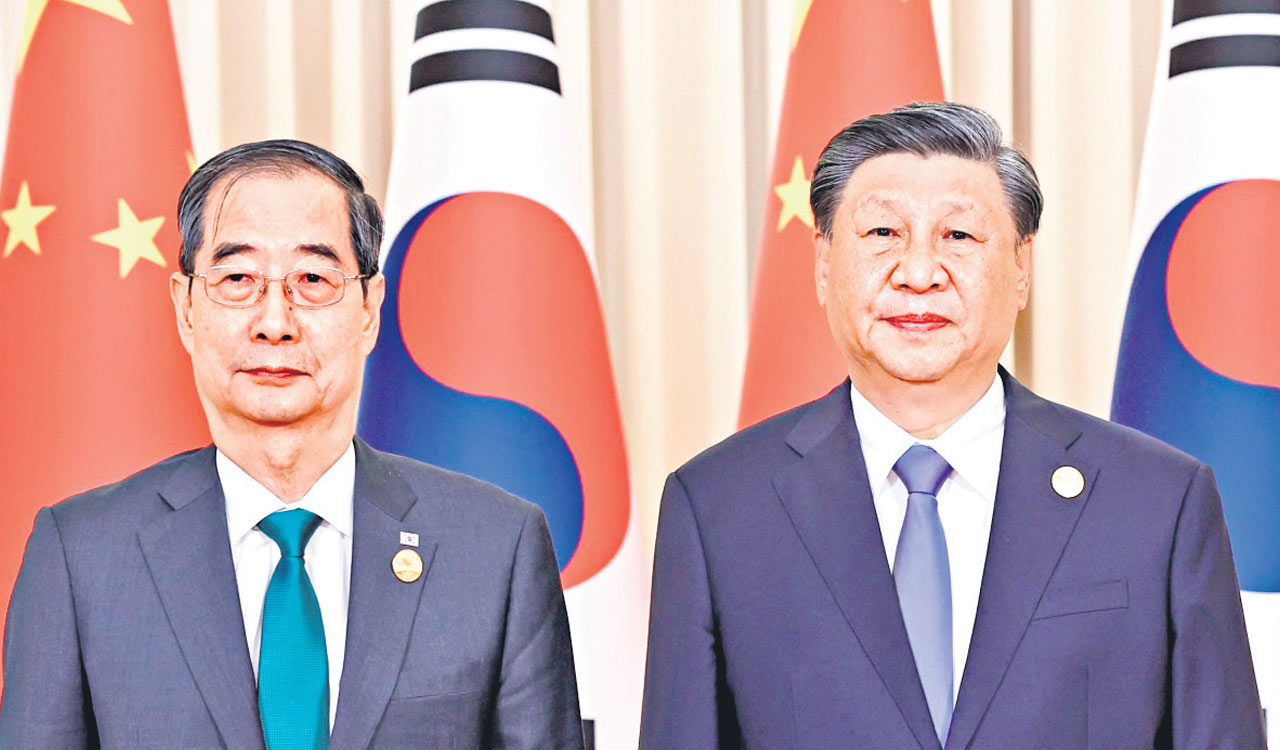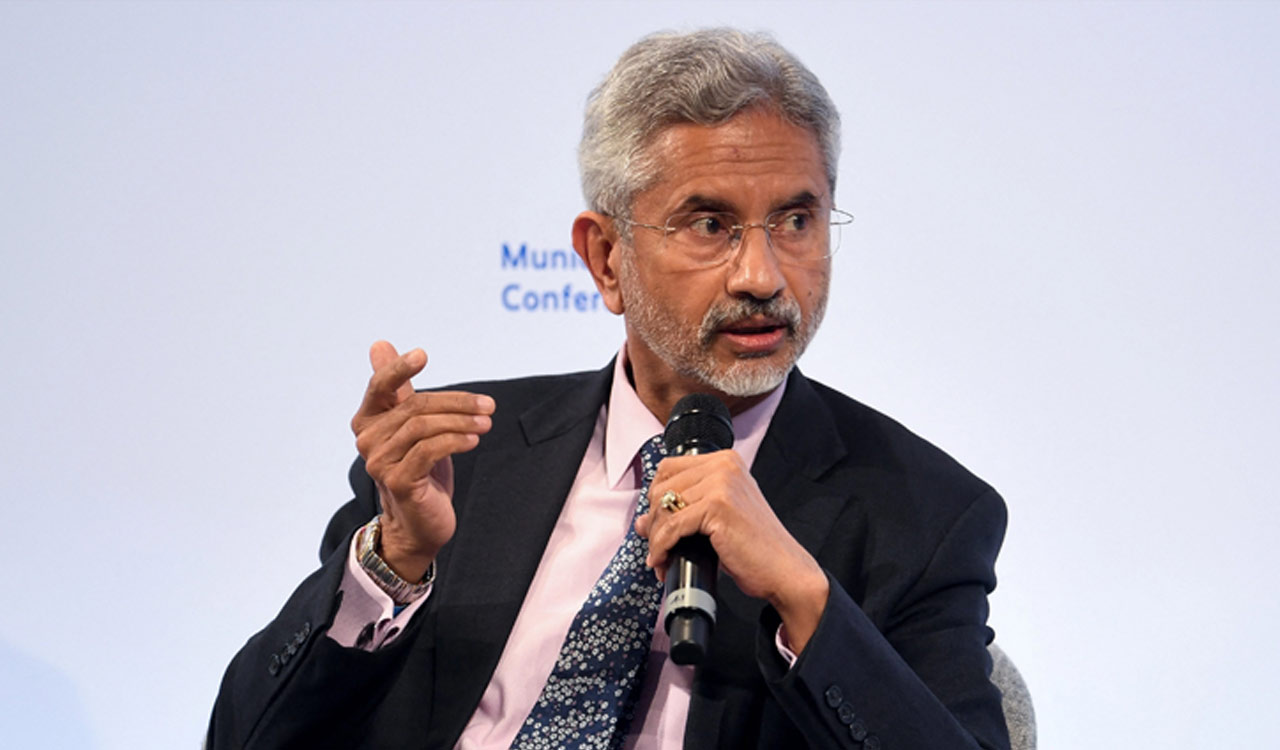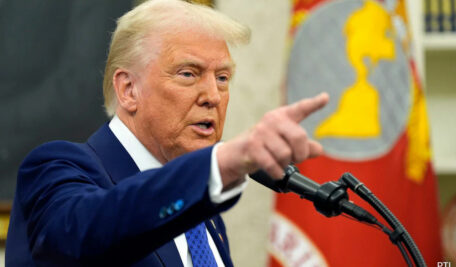Opinion: Decoding China-South Korea dialogue
The recent 2+2 dialogue can be seen as an initiative by China to strengthen its influence to counter the US

By Aaron Nair, Dr Karamala Areesh Kumar
China and South Korea recently held their first diplomatic and security dialogue, a 2+2 dialogue. The dialogue involved the meeting of the Defence and External Affairs Ministries of South Korea and China. It focused on the strategies and concerns of both states to create a better understanding and cooperation in a swiftly changing global order.
In attendance were the Vice Ministers of Foreign Policy from both countries, the Director General of the Defence Ministry from South Korea and the Deputy Director for Military Cooperation from China. While statements from officials of both countries asserted the need for dialogue for better bilateral ties, analysts see the meeting as China’s efforts to increase its hold of influence among countries that have not been historically friendly.
The dialogue aimed to create a framework that enhances ties based on cultural proximity and mutual interest in peace on the Korean peninsula. South Korea also recognised the One China principle and highlighted the efforts to improve ties with Russia and North Korea. While the talks may not have resolved all issues, both countries look forward to better understanding and ties with more bilateral talks being planned.
Region of Conflict
The Korean Peninsula has been a region of conflict since 1950, the year when North Korea invaded South Korea. Since then, the two nations have received backing from global powers seeking to enhance their influence in the region. South Korea was backed by Western liberal forces headed by the United States, while North Korea was supported by the communist governments of China and Russia (then the USSR). The conflict that ensued resulted in deep-rooted consequences in the region, with peace still elusive.
After the collapse of the Soviet Union, the security environment on the Korean Peninsula moved from a bipolar system to a unipolar one, with only the United States holding considerable power. However, with the rise of China, we are seeing a third phase on the peninsula, with both superpowers competing for influence in the region. The recent talks between China and South Korea are bound to make the United States uncomfortable. In vying for power and hegemony, the US and China are looking to assert their dominance in the Pacific region. This can be seen as an initiative by China to strengthen its influence and alliances to counter the US.
Reaching Out to South
The US happens to be the largest investor in South Korea, investing primarily in finance, manufacturing, scientific research and wholesale trade. South Korea pays over $1 billion to the US to support the military based in its territory. The Chinese talks involved the promise of free trade relations, compelling South Korea to stay open in its dealings. This is certainly going to make the US nervous about the South Korea-China relations — not only in trade but also in defence.
While some countries, like India, are trying to follow a protectionist model in their dealings with China to ensure security against cyber and trade-related issues, South Korea is said to have denounced this approach. The talks reiterated China and South Korea’s position of being benefactors of globalisation and economic interdependence. Thus, what remains clear from the outset is that the talks might have heralded yet another agreement for China that favours its rapid expansionist model by finding new trade partners in geostrategic regions. China’s discomfort at the US-North Korea summit during the Trump regime was palpable. The US faces the same situation now as China looks to extend the hand of mutual trust with South Korea.
The talks highlighted the denouncement of politicisation of economic ties between South Korea and China. This can be viewed as an attempt to ignore the differences between the two nations. The talks are a restart or a new beginning for a comprehensive partnership between the East Asian powerhouses. Keeping a close eye on the talks, the US may feel compelled to warn its allies, as it did before with Japan, to shift certain product supply chains, such as semiconductors, away from China.
While South Korea and Japan are the only East Asian countries to have a trusted partnership with the US, China looks to make early inroads with promises of trade and economic cooperation. China faces stiff competition in the region as the US has always been trying to assert its influence in the region. The QUAD (Quadrilateral Security Dialogue) partnership and the trade dealings between Asian countries (except Taiwan) show just how much is at stake for the US in the region.
The Indo-Pacific region has always been a major contention among the superpowers due to the strategic benefits it offers. China’s earnest efforts in improving relations with countries such as South Korea will help in reducing direct criticism of policies and actions, especially the South China Sea issue.
Unavoidable Dependence
While the present world order perceives the rise of China in the same vein as the Soviet union (before disintegration), the main difference now is globalisation and economic interdependence. Many countries may view China’s dominance negatively but depend on it for trade and imports. Even the US-China relations are a complex web of trade interdependency, averting a direct conflict between the two nations. Both countries ignore the fundamental differences between them to support the structural stability instrumental in progress and development. China’s ploy to bring countries that have always been the trusted allies of the US under its fold is an effort to conceal voices against its policy decisions, human rights violations and continuous economic violations carried out through its debt trap diplomacy formula.
While it is certain that the talks have reduced frictions between South Korea and China, it is still in a nascent stage to have reshaped geopolitical positions. Regarding future collaborations, China promises to carry forward the talks beyond bilateral positions and keep a stronger focus on the greater needs of ‘Northeast Asia’.

(Aaron Nair is Research Scholar and Dr Karamala Areesh Kumar is Head, Department of International Relations, Peace and Public Policy, St Joseph’s University, Bengaluru)
Related News
-
25th batch of police canines, handlers pass out at IITA Moinabad
1 hour ago -
Kharge slams AI Summit management, alleges global embarrassment
1 hour ago -
PM Modi calls India AI Impact Expo 2026 powerful convergence
1 hour ago -
Writing code will not be main goal in AI era: Infosys Chairman
2 hours ago -
India contributes 16 per cent of world AI talent, white paper reveals
2 hours ago -
Kukatpally family conducts funeral after days of prayers for deceased
2 hours ago -
Hyderabad-based startup to begin human clinical trials for India’s first AI-driven antibiotic
2 hours ago -
Hyderabad: Mega job fair on February 23 at Red Rose Function Hall
3 hours ago




